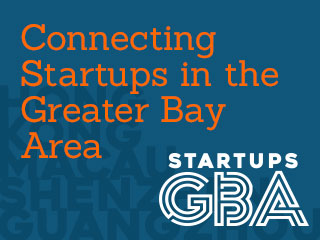http://www.ycombinator.com/apply.html
Wow. Another year already. We applied for Winter 2010 and the nextDemo Day is less than two weeks away! Back then, doing the application itself already helped us. While you
are at it, why not apply thou?
 I am, of course, available for any
I am, of course, available for any questions you may have. Feel free to ping me. Good luck!





